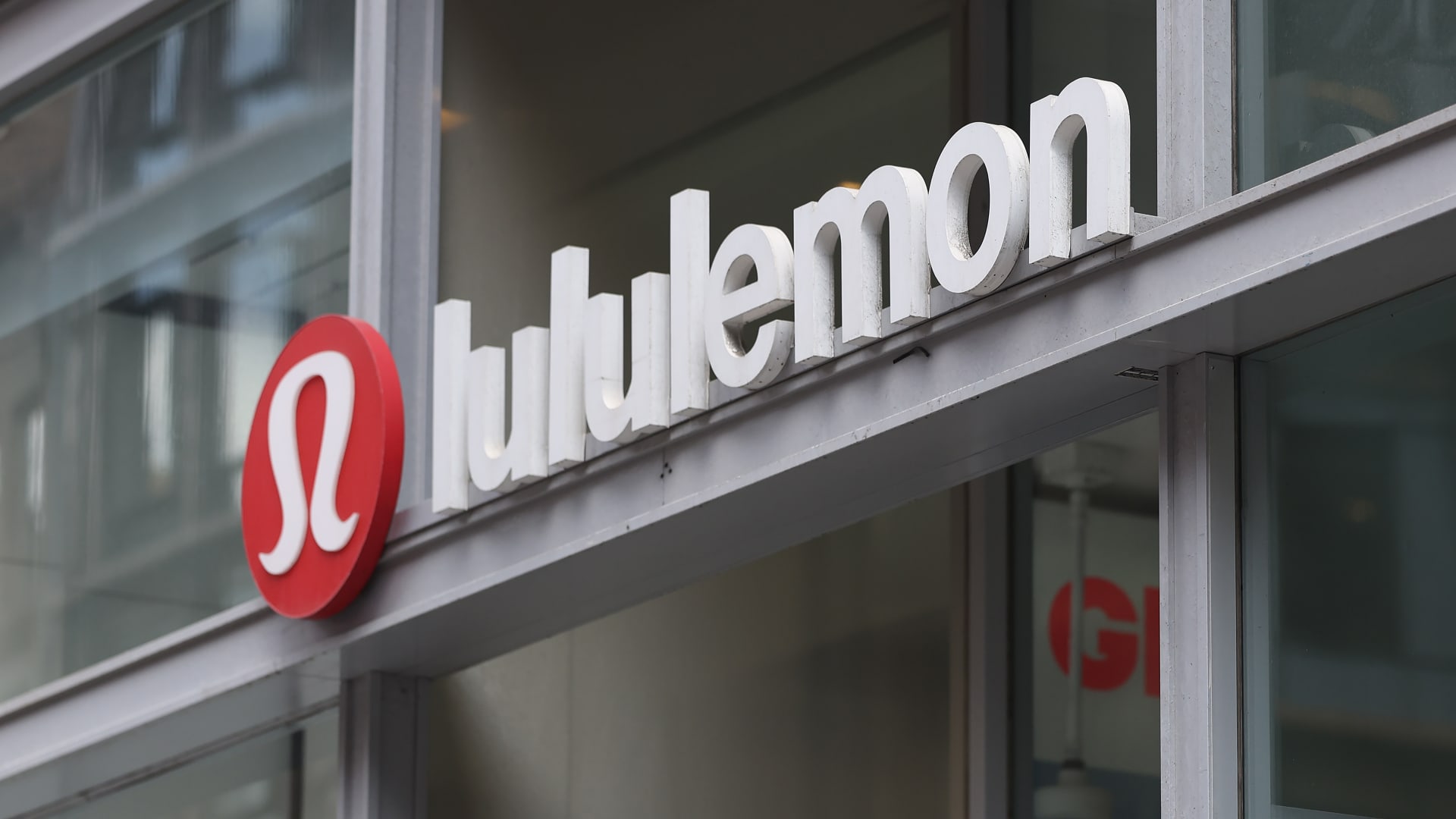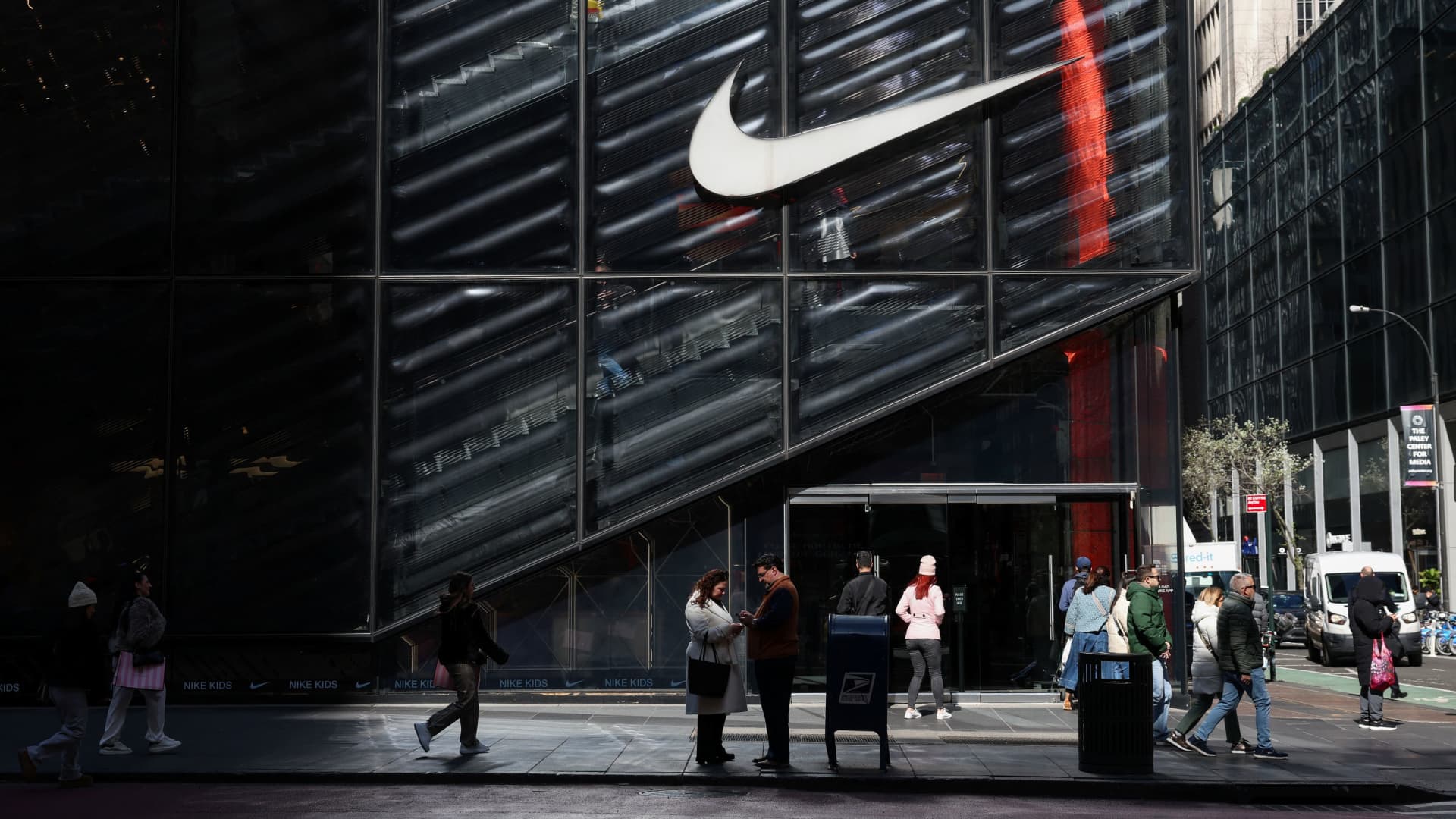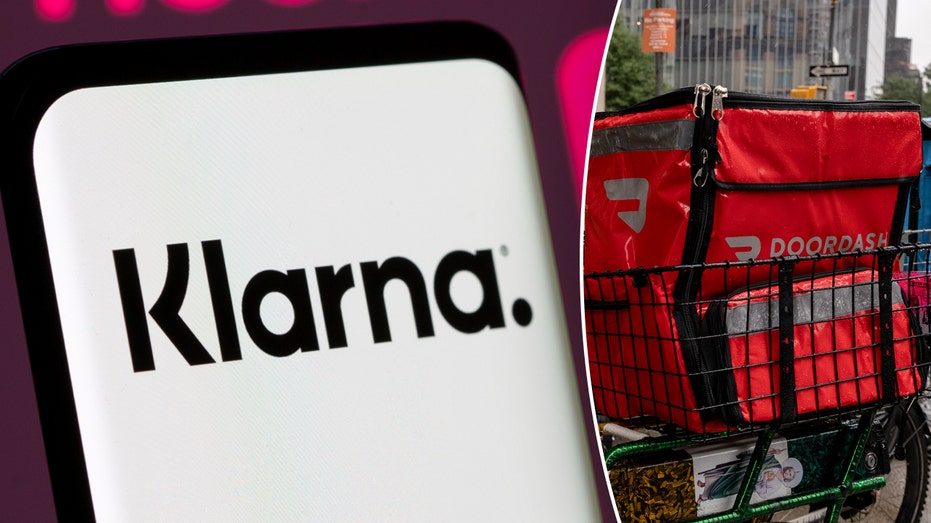‘The Big Money Show’ co-hosts discuss buy now, pay later spending options and the impact it will now have on your credit score.
Small, everyday purchases like a meal from DoorDash are now able to be financed through eat now, pay later options — a practice that some experts deem “predatory.”
“You’ve got to have enough sense to not follow the urge to finance a taco, okay? You have got to be an adult,” career coach Ken Coleman told “The Big Money Show,” Wednesday.
“This is predatory, and it’s going to get a lot of people in deep trouble.”
RISKS OF BUY NOW, PAY LATER: ‘TICKET TO OVERSPENDING,’ EXPERT SAYS
DoorDash and Klarna are now partnering up to extend buy now, pay later options to consumers. (Reuters, Getty / Getty Images)
Financial wellness experts are continuously sounding the alarm to cash-strapped consumers, warning them of the devastating impact this financial strategy could have on their credit score as some lenders will begin reporting those loans to credit agencies.
Consumers may risk getting hit with late fees and interest rates, similar to credit cards.
“So your sandwich might show up on your FICO score, especially if you pay for it late,” FOX Business’ Jackie DeAngelis explained.
EXPERTS WARN HIDDEN RISKS OF BUY NOW, PAY LATER
Major players like Affirm, Afterpay, and Klarna have risen to prominence at a time when Americans continue to grapple with persisting inflation, high interest rates and student loan payments, which resumed in October 2023 after a pause due to the COVID-19 pandemic.
Ramsey Solutions personal finance expert and ‘The Ramsey Show’ co-host George Kamel discusses the ‘buy now, pay later’ craze and the trend that celebrates the financial benefits of being childless.
“The Big Money Show” co-host Taylor Riggs offered a different perspective, suggesting that company CEOs have a “duty” to attract as many customers as they want.
“Unfortunately for me, this always comes down to financial literacy — which I know is so much in your heart about training people to save now by later,” she told Coleman, who regularly offers financial advice to callers on “The Ramsey Show.”
GET FOX BUSINESS ON THE GO BY CLICKING HERE
Coleman continued to come to the defense of financially “desperate” consumers, arguing that companies are targeting “immature” customers.
“I’m for American businesses being able to do whatever they want to do under the law. That’s fine. But let’s still call it what it is: it’s predatory, and they know who their customers are,” Coleman concluded, “And I’m telling you, they’re talking about weak-minded, immature, desperate people.”
FOX Business’ Daniella Genovese contributed to this report.
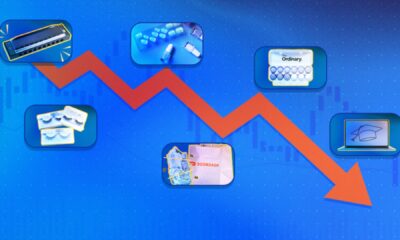
 Economics1 week ago
Economics1 week ago
 Personal Finance1 week ago
Personal Finance1 week ago
 Economics7 days ago
Economics7 days ago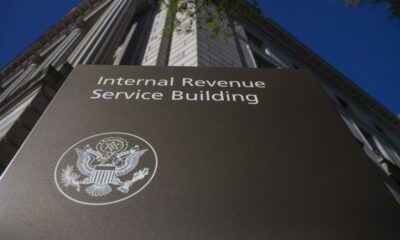
 Accounting6 days ago
Accounting6 days ago
 Economics1 week ago
Economics1 week ago
 Economics6 days ago
Economics6 days ago
 Economics1 week ago
Economics1 week ago
 Personal Finance1 week ago
Personal Finance1 week ago

